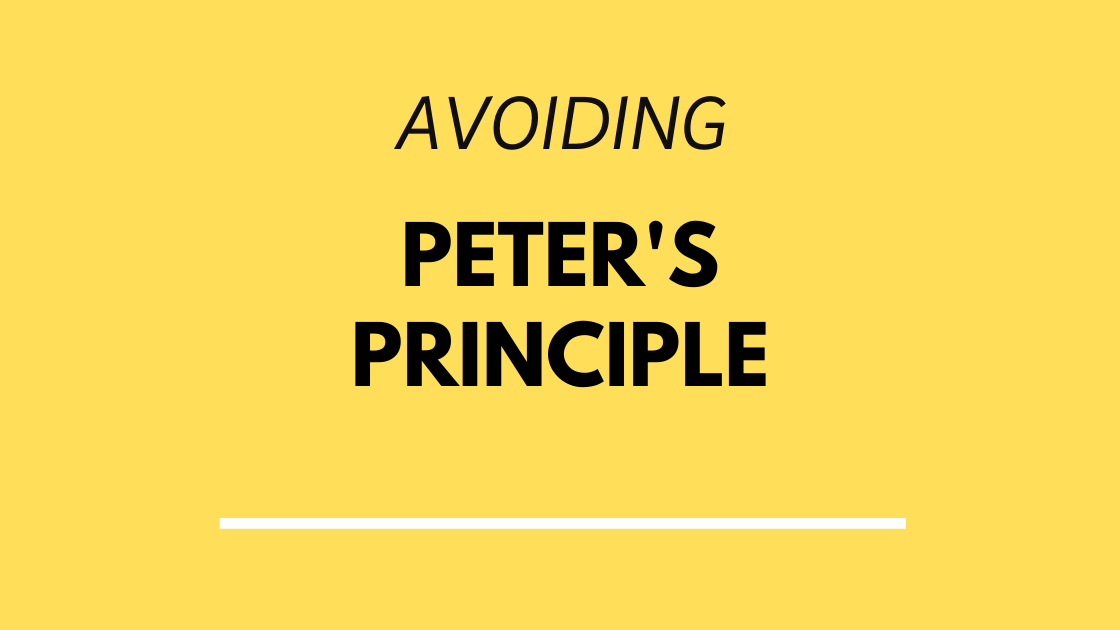People engage in office politics because they think it will lead to better career prospects for them in the future. They align themselves to influencers, which by default means they will also be distancing themselves from others in the organisation. But who is actually influential? Sometimes we know, but sometimes we don’t. Lots of companies will have hidden influencers that employees aren’t aware of. This could be the receptionist or the security staff, the canteen manager or the IT administrator.
Read More'Managing out' refers to when management makes an employee's working life so unpleasant, the employee decides to hand in their notice. Some employees aren't aware that this is a management tactic, even though they may be the victim of it.
It's quite difficult to legally sack a worker if the management of a company is unhappy with them; that's why they have to use covert strategies to make life unpleasant for the individual. This process could include: criticising an employee's work repeatedly and never giving them credit; not supporting them in learning or developing; keeping them out of communication loops; ignoring their requests or making their life at the company difficult in general.
Now, let's think about what it's like for both parties involved.
Read MoreDo you ever feel like you can't do something? Or that you don't have the skills? Most people do.
It's easy to fall for the idea that you don't know how to do something, even if it seems entirely different from everything else you've ever done.
The content could be different, but the process is often the same. In other words, the 'what' may be different, but the 'how' is often similar. That's where transferable skills come into play.
Read MoreIn his book published in 1969, Laurence Peter proposes the Peter Principle: "In a hierarchy, every employee tends to rise to his level of incompetence.”
Many promotion decisions are beyond logic, such as promoting an engineer to a manager because they are an excellent engineer. The decision is made based on the employee’s performance in an engineering role, but engineering and management are completely different sets of skills and should be treated as such.
Read MoreStress is part of everyone’s life at some stage or another. I think of dealing with it in three different ways: avoiding it if feasible; reducing it where possible; and finding better, more elegant ways of coping with it.
If you don’t know your favourite and most effective ways of dealing with stress before it happens, you’ll find it difficult to come up with them at short notice; that’s why it’s important to have them prepared in advance. Different situations will call for different responses, so we need to have flexible solutions. Here are some strategies that I find useful:
Read MoreEsoteric: "intended for or likely to be understood by only a small number of people with a specialised knowledge or interest.”
What are you allowed to know?
I believed there were certain things that I could learn and other things that weren’t permitted - by some fictitious social law unknown to me. It’s an absurd concept when you think about it but it’s quite common. I certainly fell for it for a long time.
Read MoreFirstly, let’s distinguish between failed and failure. If a project doesn’t achieve the desired result - we could say that it failed, whereas if we believe that it hasn’t gone well and nothing could be improved, then it’s a failure. ‘Failure’ doesn’t leave much room for hope; it sounds so terminal. So let’s consider the alternative - never failing.
Read MoreOccasionally a client will come to me who doesn’t experience enough professional growth in their career. There are a couple of possible solutions for this depending on the situation.
Read MoreCriticism can be valuable occasionally, so it's good to derive any potentially useful information from it. If there’s nothing of worth in it, just let it pass. Remember that the more criticism you get, the more you’ll get used to it, which will help you to desensitise and deal with it in the future.
“There is only one way to avoid criticism: say nothing, do nothing, be nothing.” - Aristotle
Read More“Men don’t talk” - that’s what I’ve been told. The statement is not just harsh and unfair; it’s untrue. I’ve met lots of men who talk, about their feelings too. Many of them love it. I’ve also met female clients who would prefer not to talk about anything. Generalisations are always wrong and there’s always an exception to the rule...
Read MoreThere aren't any summary bullet points for this post. No dabbling on this one; you’re either in or you’re out.
I’ll admit it straight up that I’ve dabbled before. We all do it to some extent.
Doing risk-free mini-experiments is a necessity but we should be careful to distinguish that from dabbling. Mini-experiments should give us an opportunity to try something in a structured fashion; get help from someone who understands the area and overcome at least one obstacle while learning from it.
Read MoreEast Asian languages have much less use for personal pronouns compared to English. They still use pronouns of course, but only when necessary. In general, English speaking countries tend to focus much more on the individual, compared to countries like Japan and Korea which tend to gravitate more towards the group societies.
It can be argued that language influences thought along with thought influencing language.
Read MoreDefending yourself is tough - so tough. But there is something so beautiful, so liberating, so empowering when you quit defending. It’s a moment when everything changes. Suddenly, you don’t have to pretend that everything is alright; that you’re perfect; that you did a good job; that you never made mistakes or that you never will again. And when that happens, you open up a whole new world of possibilities, and a lot less pain.
The fear is 'people will say …’
Read MoreYou might be surprised to learn that many people attending the workshops I give genuinely don’t know where their passions lie. In other words; they don’t know what they like. Isn’t that strange?
No - totally normal in my opinion.
Read MoreLearning new skills is a challenge for many of us. The very first hurdle is our belief system: fixed mindset or growth mindset. If we have a fixed mindset, it suggests that we cannot learn new skills and have to make do with what we have naturally. On the other hand, there is a lot more room for hope if we have a growth mindset - this suggests that we believe skills can be learnt and we can learn them.
The second challenge is creating habits that make learning a consistent practice.
Read More- Essential lessons for financial stability
- Financial Lessons from Experts: Book Summaries
- Financial Stability: Everything you need to know (almost)
- The best philosophies for financial stability
NB *I am not qualified, nor am I authorised to give financial advice.*
Almost everyone is concerned with money at some stage of their career. However, there’s no point working harder, taking on more responsibility and earning more if you don’t actually feel the benefit of it at any stage. By the way, I’m not merely talking about getting richer, I’m talking about increasing your net worth and sustaining it into the future. Before I go any further, I have to mention that of course not everyone wants to be wealthy, which is fine, but everyone wants to be financially stable.
Read MoreThese are the slides for a women in leadership workshop that I facilitated in The Hertie School, Berlin.
Read More















